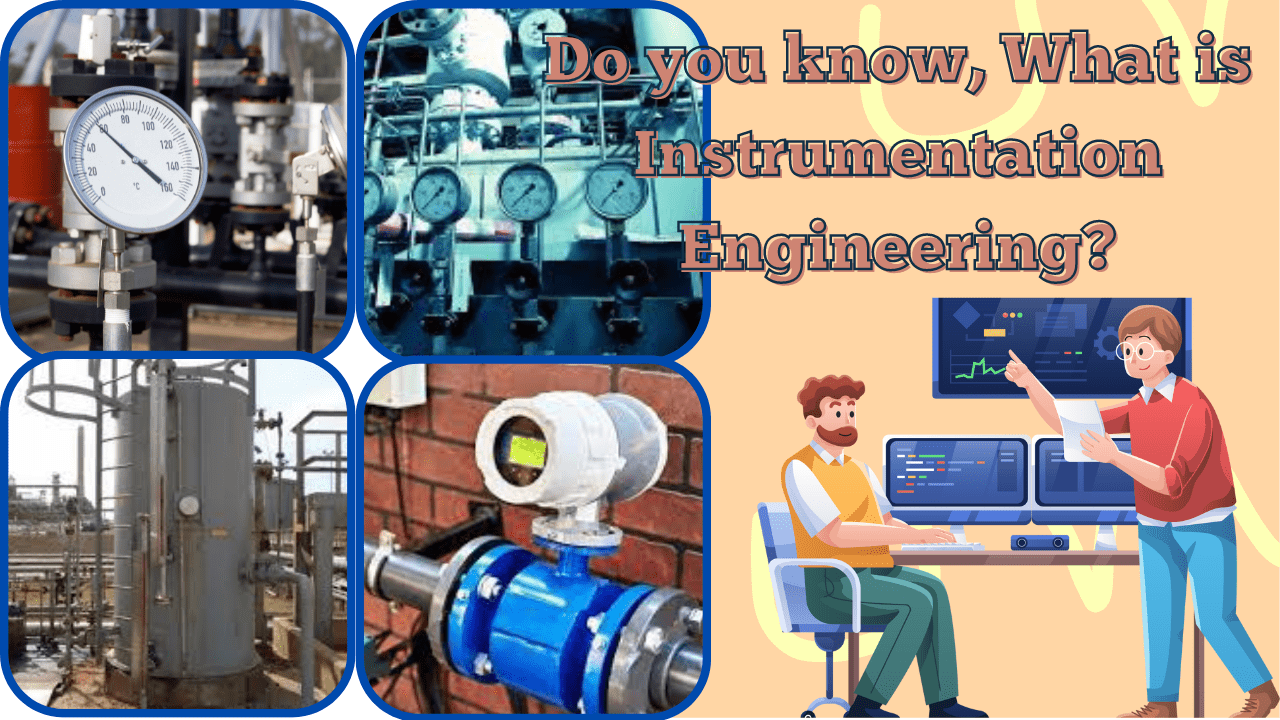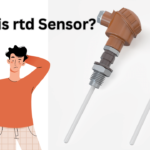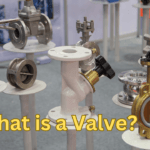Introduction
In the intricate realm of engineering, where precision and accuracy are paramount, instrumentation engineering emerges as a pivotal discipline that often operates behind the scenes, orchestrating the seamless interplay between data acquisition, analysis, and control systems. This field forms the backbone of various industries, enabling accurate measurements, efficient automation, and the optimal utilization of resources. This article delves into the essence of instrumentation engineering, its significance across industries, and the key role it plays in shaping modern technology.
Understanding Instrumentation Engineering
Instrumentation engineering is a specialized branch of engineering concerned with the design, development, installation, and maintenance of instruments and control systems used to measure, monitor, and control various physical processes. These processes can span across a wide array of domains, including manufacturing, energy, healthcare, aerospace, and environmental monitoring.
The Role of an Instrumentation Engineer
Instrumentation engineers are tasked with a diverse set of responsibilities, often involving a blend of technical, analytical, and creative skills. Their primary objective is to ensure accurate and reliable data collection, real-time monitoring, and effective control of processes. This is achieved through the following key functions:
Sensor Selection and Calibration: Instrumentation engineers select appropriate sensors based on the specific parameters to be measured, such as temperature, pressure, flow, and level. They also meticulously calibrate these sensors to ensure their readings align with real-world values.
Data Acquisition Systems: These professionals design and implement data acquisition systems that gather information from sensors in real time. This data forms the foundation for analysis and decision-making.
Signal Processing: Raw data from sensors often require processing to eliminate noise and extract meaningful insights. Instrumentation engineers employ signal processing techniques to refine data for accurate interpretation.
Control Systems: In industries where precision control is essential, such as manufacturing or chemical processes, instrumentation engineers design and implement control systems that regulate parameters like temperature, pressure, and flow.
Automation and SCADA: Supervisory Control and Data Acquisition (SCADA) systems are integral in industries where centralized control is crucial. Instrumentation engineers design these systems for remote monitoring, control, and efficient management of large-scale processes.
Safety Measures: In fields like oil and gas or nuclear power, safety is paramount. Instrumentation engineers develop safety systems that can detect anomalies, trigger alarms, and initiate emergency shutdowns if necessary.
Instrumentation Engineering Across Industries
Instrumentation engineering’s impact spans a multitude of industries, each benefiting from its principles and applications:
Manufacturing: In manufacturing, precise measurements and controls are essential for ensuring product quality and process efficiency. Instrumentation engineers play a crucial role in designing automated production lines, quality control systems, and real-time monitoring setups.
Energy Sector: From power generation to distribution, instrumentation engineers contribute to optimizing energy production and consumption. They design control systems for power plants, monitor grid stability, and develop solutions for renewable energy integration.
Healthcare: In medical settings, accurate diagnostics and patient monitoring rely on sophisticated instruments. Instrumentation engineers are involved in the creation of medical devices, imaging technologies, and laboratory equipment.
Aerospace: The aerospace industry demands stringent precision and safety. Instrumentation engineers aid in the design and testing of aircraft, spacecraft, and propulsion systems, ensuring reliable performance under varying conditions.
Environmental Monitoring: Monitoring environmental parameters like air and water quality is vital for ecological preservation. Instrumentation engineers develop systems to measure pollution levels, weather conditions, and other critical data.
Research and Development: In research settings, instrumentation engineers provide the tools necessary for data collection and experimentation across disciplines, enabling scientists to advance knowledge and innovation.
Challenges and Innovations
As technology evolves, instrumentation engineering faces both challenges and opportunities:
Complexity: Modern processes are becoming more intricate, requiring advanced sensing and control techniques. Instrumentation engineers must adapt to handle complex systems while ensuring reliability.
Integration with IoT: The Internet of Things (IoT) revolution is transforming industries. Instrumentation engineers are integrating sensors and control systems with IoT platforms, enabling remote monitoring and control.
Data Analytics: The massive amounts of data generated need effective analysis. Instrumentation engineers are incorporating data analytics and machine learning to derive valuable insights from raw data.
Cybersecurity: With increased connectivity, security threats loom large. Instrumentation engineers are focusing on building robust cybersecurity measures into control and monitoring systems.
Education and Future Prospects
To embark on a career in instrumentation engineering, a solid educational foundation is crucial. A bachelor’s degree in instrumentation, electronics, or a related field is often the starting point. Some roles might require advanced degrees for specialized positions or research.
In terms of future prospects, the demand for instrumentation engineers is expected to remain robust. As industries continue to embrace automation, data-driven decision-making, and remote monitoring, the need for skilled professionals who can bridge the gap between data and control will only increase.
Conclusion
Instrumentation engineering, often working quietly behind the scenes, is the driving force behind accurate measurements, efficient processes, and effective control systems across a spectrum of industries. Its role in data acquisition, analysis, and automation is indispensable in our modern, technology-driven world. As industries advance and technology continues to evolve, the field of instrumentation engineering will undoubtedly play a pivotal role in shaping the way we harness and manage data for improved efficiency and innovation.








